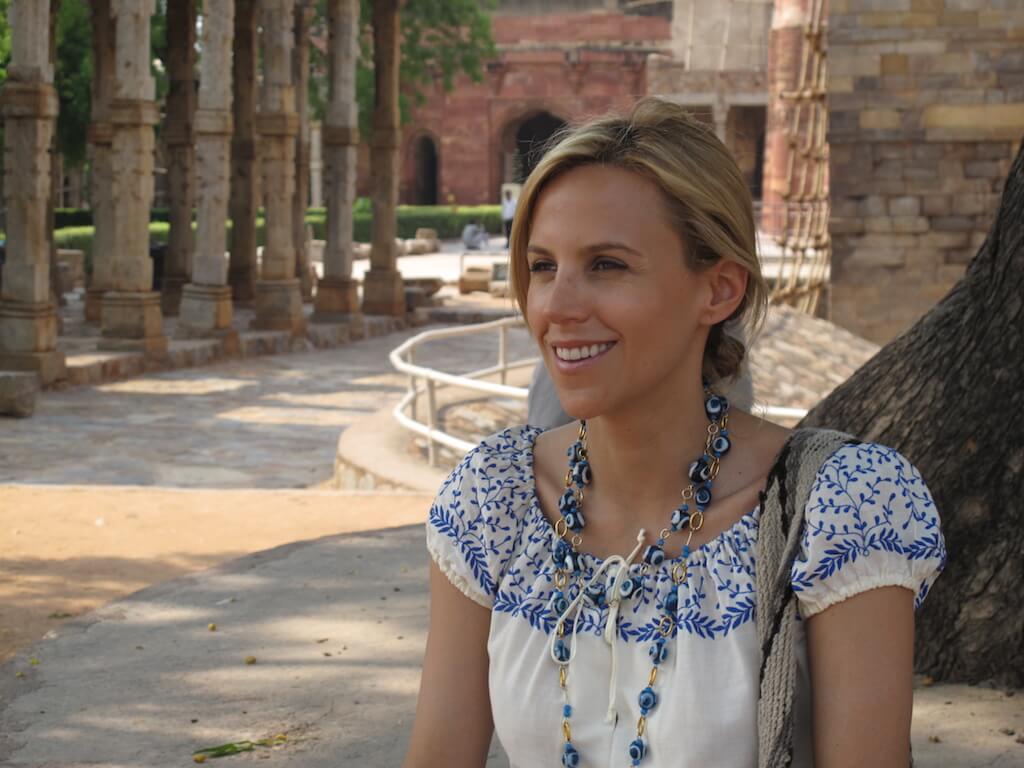
After a year that saw the deadliest global pandemic and the speedy creation and rollout of vaccines to fight the coronavirus, science — and female scientists in particular — are certainly having a moment.
An unlikely supporter is helping to keep the momentum going. Fashion designer Tory Burch has teamed up with Jennifer Doudna, the Nobel Prize-winning scientist who co-developed genome editing technology CRISPR-Cas9, to offer a fellowship to support female founders leading a business in genomics.
The first Tory Burch Fellowship, housed at the California-based Innovative Genomics Institute, has gone to Nabiha Saklayen, a Harvard-trained physicist and the cofounder and CEO of Cellino Biotech, a company that works on cell-based therapies.
The company, founded in Cambridge, Massachusetts, in 2017, raised a $16 million seed round in February to finance its artificial intelligence-powered cell engineering platform. It was championed by a co-founder of another local company — Moderna, one of the developers of the Covid vaccine.
As part of the fellowship, Saklayen will receive a $10,000 grant and up to $50,000 of research supplies along with access to workshops, business guidance and personalized mentorship from some of the world’s most foremost researchers in genomics.
Burch said female scientists face just as many barriers as female entrepreneurs, including “limiting stereotypes and a lack of access to capital, education and networks.”
“Women are underrepresented in scientific research and also less likely than men to commercialize their discoveries,” said Burch, whose foundation has supported thousands of female entrepreneurs. She met Doudna when they served on the board together of a now-defunct startup called Driver, according to Fast Company.
Doudna praised Saklayen’s work, which aims to develop regenerative medicines using engineered stem cells.
“Part of our mission at the Innovative Genomics Institute is to be the bridge from research to real-world impact,” she said. “Dr. Saklayen’s work developing next-generation personalized therapies and her focus on making these innovations accessible and affordable embodies that vision and approach.”




